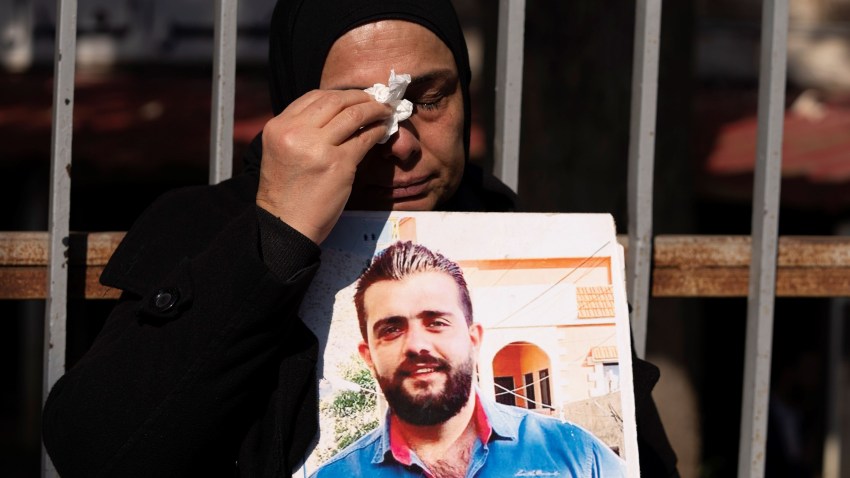Lebanon’s ongoing political and economic crises took yet another dramatic turn last week, beginning with a sit-in inside the country’s parliament by some of the body’s members. The protest began on Jan. 19, the same day parliament scheduled its 11th session to elect a successor to former President Michel Aoun; that effort, like those before it, again failed to yield a consensus on a candidate. Two lawmakers from the opposition initiated the protest by vowing to remain in parliament until lawmakers elected a new president. Others soon joined the sit-in, while others visited their colleagues and brought food and sleeping bags in a show of support. But despite the sit-in, parliament has not met since the day it began.
Lebanon’s presidency has been vacant since Aoun’s term expired on Oct. 30, 2022. Beirut’s international partners—including the United States, European Union, United Nations, International Monetary Fund and regional neighbors like Saudi Arabia—have all called for Lebanon’s political elites to quickly select a new president as a necessary step toward ushering in policy stability and reassuring international donors, amid the country’s ongoing economic meltdown.
Elsewhere, an extraordinary set of events linked to the stalled inquiry into the August 2020 explosion at the Port of Beirut began to unfold on Jan. 23, when Judge Tarek Bitar resumed his probe into the tragedy after a 13-month pause. The following day, Bitar announced charges against several public figures in connection with the port blast, including the head of the country’s General Security Directorate, Abbas Ibrahim, who is politically linked to Hezbollah. Former Prime Minister Hasan Diab—who was in office at the time of the Beirut port explosion—was also charged, as well the public prosecutor Ghassan Oweidat and three judges were all charged with negligence.

